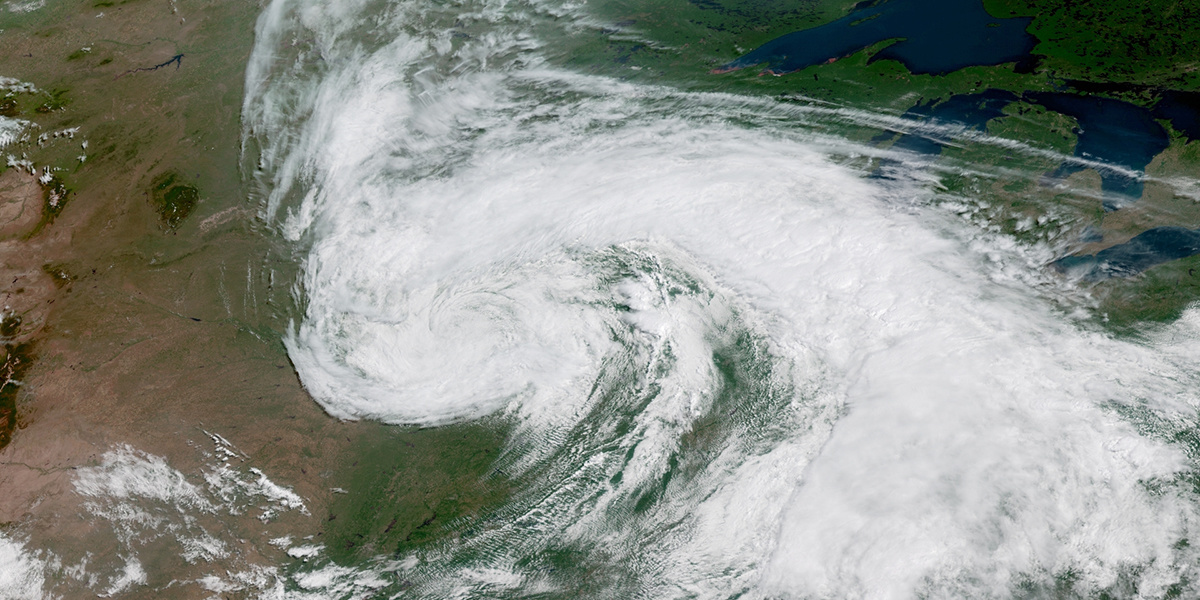By Olivia Rosane, Ecowatch. Reposted with permission from EcoWatch.
The National Oceanic and Atmospheric Administration (NOAA), which is the foremost U.S. agency focusing on weather, climate and oceans, reassured reporters Monday that it would not shift its focus away from climate change and conservation after a presentation last week suggested it might do exactly that, USA Today reported.
Last week, acting NOAA head Rear Admiral Timothy Gallaudet spoke at a Department of Commerce summit and proposed removing “climate” from NOAA‘s current mission statement and replacing its directive “to conserve and manage coastal and marine ecosystems and resources” with one “To protect lives and property, empower the economy, and support homeland and national security,” the Union of Concerned Scientists (UCS) reported Sunday.
“This is a shocking change in the mission of one of the nation’s premier scientific agencies,” director of the Center for Science and Democracy at UCS and former NOAA scientist Andrew Rosenberg said.
But in a statement reported Monday by USA Today, Gallaudet said the proposal did not signal a shift in the work NOAA would do, saying the proposal “was not intended to exclude NOAA‘s important climate and conservation efforts, which are essential for protecting lives and the environment. Nor should this presentation be considered a final, vetted proposal.”
The first bullet point in NOAA‘s mission statement currently reads,”To understand and predict changes in climate, weather, oceans and coasts.” The proposal would have changed it to, “To observe, understand and predict atmospheric and ocean conditions.”
The New York Times pointed out that NOAA, which is part of the Department of Commerce, has its mission and budget defined by Congress, and making any major changes might require congressional approval.
Gallaudet told USA Today he was “fully aware of the congressional mandates and will continue to adhere to them.”
NOAA uses satellites to track weather and climate, and its work has made it one of the most important U.S. agencies for understanding climate change, according to The New York Times. It also helps tracks extreme weather like hurricanes and El Niño events and manages the nation’s fisheries.
National Center for Atmospheric Research scientist Kevin Trenberth expressed concern about the proposed shift in language away from conservation. “Instead of protecting and preserving ecosystems, it is one of exploitation,” he told The New York Times. “The latter is especially offensive and shortsighted.”
The proposed language change echoes President Donald Trump‘s recent executive order setting a new national oceans policy. That order also removed the climate language from former President Barack Obama’s executive order on oceans and replaced references to conservation and stewardship with an emphasis on national security and economic growth.
“This is another unconscionable action taken by the administration under the guise of national security,” Rosenberg said of the proposed language change to NOAA‘s mission.
Main image: A cyclone over the U.S. captured by a NOAA satellite. Credit: NOAA, public domain
Subscribe to our newsletter
Stay up to date with DeSmog news and alerts







